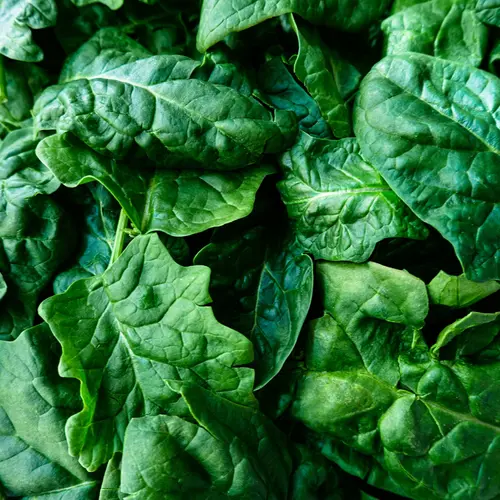People drink more than two billion cups of coffee every day around the world. It's an essential part of many morning rituals, but do you really know all the ins and outs of being a coffee drinker?
What Exactly Is Coffee?
Coffee beans are the seeds of a red fruit that resembles a cherry. Humans have used coffee fruit for a variety of drinks over the years, but roasted coffee beans didn't spring up until the 1200s.
As roasted coffee grew in popularity, it traveled around the world. The rest is history.
Types of Coffee
Coffee beans come in two main species:
- Arabica. Arabica coffee originates in Ethiopia and is mild but flavorful. The Arabica plant is expensive and tricky to grow, but Arabica coffee is still the most popular worldwide.
- Robusta. Robusta coffee beans originate in Africa. They're economical, can thrive almost anywhere, and are more resistant to disease. But a majority of coffee drinkers say Arabica beans make a better cup of coffee.
Coffee Roasts
Coffee beans are harvested green. You roast the beans to prepare them to be ground and brewed into a cup of coffee. The type of roast determines part of the coffee's flavor.
Light roast. The coffee beans are light brown, have a mild flavor, and carry a sour taste.
Medium roast. These coffee beans are common. They have an acidic taste with aromatic flavors of flowers, fruits, and other ingredients.
Dark roast. These slightly oily beans are a rich brown in color. Dark roasts have flavors similar to nuts, bread, or chocolate. Moreover, these beans are less acidic and have a bittersweet taste.
Coffee Grounds
Once the beans are roasted, you can buy them or get them ground.
Most store-bought coffee grounds are a medium grind. Medium ground coffee is good for drip coffeemakers.
Finely ground coffee is commonly used for espresso. Coarse ground coffee works best with coffee presses. Getting coffee beans whole gives you flexibility in the type of grounds you use.
Decaf Coffee
If you wish to avoid caffeine, decaf is the way to go. Decaffeinated coffee is made with coffee beans that have had their caffeine chemically removed from them. Unfortunately, removing caffeine from coffee beans also causes the beans to lose some of their flavors and aromatics.
Decaf coffee must be 97% caffeine-free to be considered decaf. Therefore, decaf coffee still has trace amounts of caffeine.
How to Store Your Coffee
The best place to store your coffee is in an airtight container. Keep the container in a cool, dark, dry place.
Coffee starts to lose its flavor and freshness when it's roasted. Therefore, it's best to purchase your coffee in small quantities to maximize the quality of your coffee.
How to Make Your Coffee
Packaged coffee typically has specifications on how to make it. But the general rule is to use one to two tablespoons of ground coffee for every six ounces of cold water.
There are many methods and appliances for brewing coffee. Each one changes the flavor and experience of your coffee. Some methods include:
- French Press. A french press soaks the grounds in hot water. After some time, you press the coffee grounds to the bottom using a plunger. The coffee produced is bolder and more acidic.
- Pour Over. This method is simple. It uses a vessel and filter containing your coffee grounds. You place the vessel over a carafe or mug, slowly pour hot water over the grounds, and you get a cup of smooth coffee.
- Auto-drip. These coffee makers are easy to use but give you less control over how you make the coffee. It's easy to lose the coffee's complex flavors and aromas with an auto-drip coffee maker.
Health Benefits and Risks of Coffee
Coffee is often controversial regarding its effects on health. It's been found to cause problems for pregnant women, for example, as well as people who are sensitive to caffeine and those who can't control their blood pressure.
For many though, coffee can reduce the risk of chronic diseases. Moderate intake of coffee is about three to five cups a day and this much is linked to lower risks for several major medical conditions. The primary concern is caffeine and coffee additives.
Caffeine. Lower doses of caffeine can give you energy, but higher amounts (more than 300 milligrams) can cause:
- Anxiety
- Increased heart rate
- Restlessness
- Insomnia
Coffee additives. Additives like cream, sugar, and syrups make coffee unhealthy. They add unnecessary sugar, fat, and calories to each cup, completely masking the health benefits provided by the coffee. Opt for a black coffee instead of a sugary mixed coffee.

